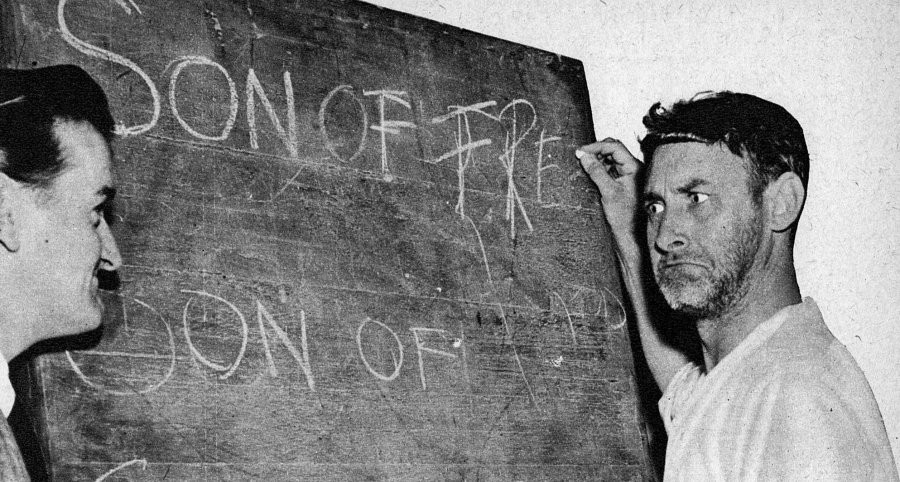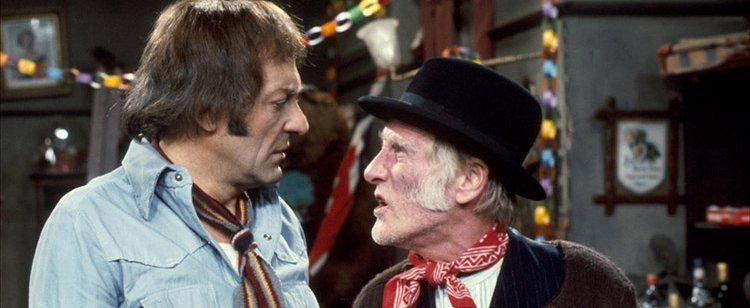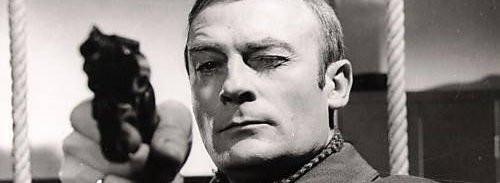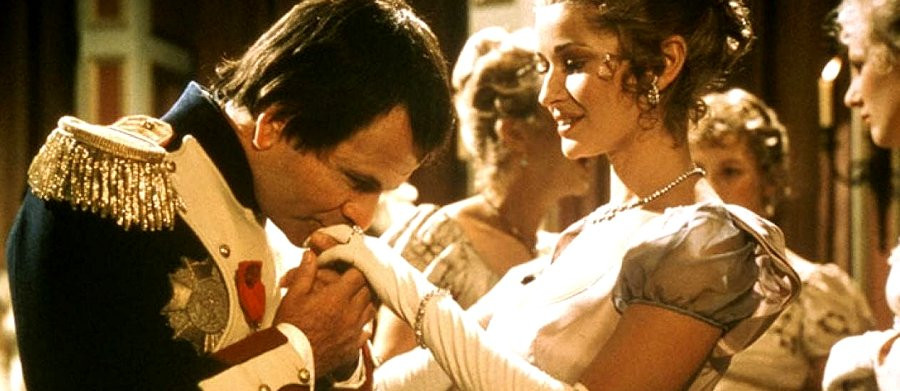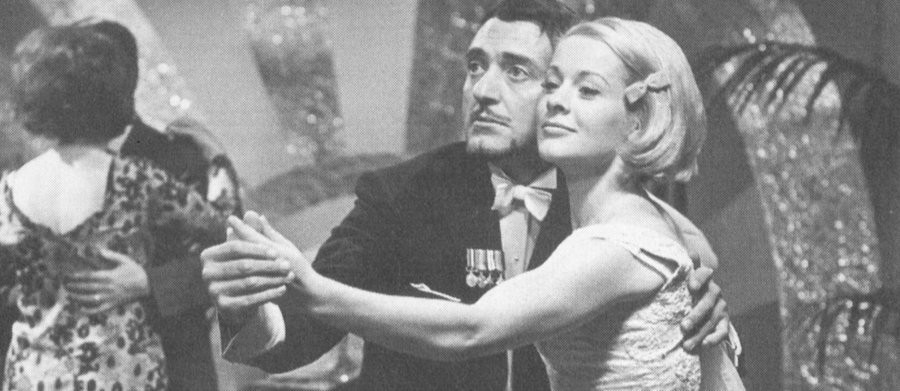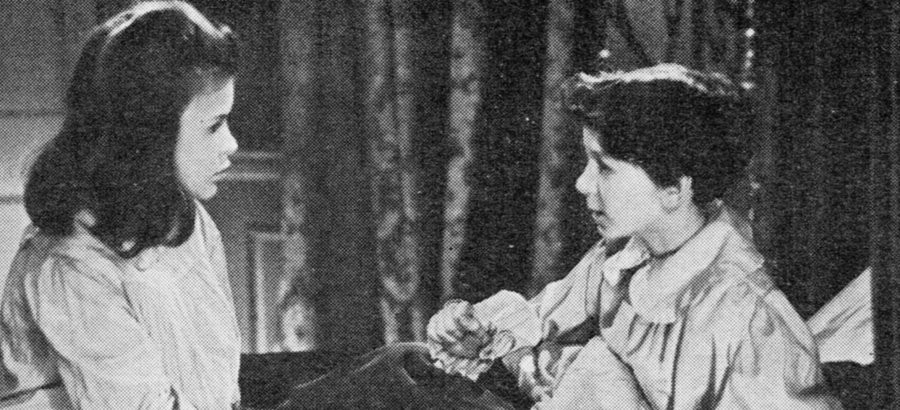
Armchair Theatre
1956 - United KingdomDebuting in 1956 with the play 'The Outsider', starring David Kossoff and Adrienne Corri, Armchair Theatre ushered in a golden age of both writing and production for the 'one-off' drama on British television. Although the series captured a respectable audience rating in its early days, it wasn't until 1958, and the arrival of Canadian producer Sydney Newman, that it gained a reputation for the ruthless, down-to-earth and back room 'kitchen sink' type of story for which it is still remembered today.
When Newman arrived in England in 1958 he immediately picked up on the 'class system' that was an inherent part of everyday life, and which also spilled over into the theatre as well as television drama. Speaking frankly some years later, Newman said, "The only legitimate theatre was of the 'anyone for tennis' variety, which, on the whole, presented a condescending view of working-class people. Television dramas were usually adaptations of stage plays, and invariably about upper classes. I said 'Damn the upper-classes -they don't even own televisions!'
Newman's approach was to abandon established dramas and go for a gritty realism with a series of specially commissioned plays by young playwrights such as Harold Pinter, Robert Miller, Ray Rigby and Alun Owen. "My approach," said Newman, "was to cater for the people who were buying low cost things like soap every day. The ordinary blokes the advertisers were aiming at." It was a policy that paid dividends for the both ABC TV and the viewer.
The wealth of talent employed both in front and behind the cameras read like a who's who of the British entertainment industry as the weekly dramas reached the top ten ratings for 32 out of 37 weeks between 1959 and 1960, with audiences of 12 million viewers. Pinter's first TV play during that period was 'A Night Out', and was followed that same year by Owen's 'Lena, O My Lena', which starred Billie Whitelaw and Peter McEnery in a terse story of a Liverpool student who falls in love with a factory worker. However, the classics were not completely abandoned and works F. Scott Fitzgerald ('The Last Tycoon') and Oscar Wilde ('The Picture of Dorian Gray') were also adapted for television. Other productions included Canadian author Mordecai Richler's own teleplay of his 'The Apprenticeship of Duddy Kravitz' and Z-Cars creator Ted Willis' 'Hot Summer Night'.
As the series gathered in reputation so it attracted some of British theatre's best-known faces and names such as Flora Robson, Gracie Fields, Joan Greenwood, Charles Gray, and Donald Pleasance. Lesser-known names would go on to enjoy long and distinguished careers and these included Alan Bates, Tom Courteney and Diana Rigg. The earlier productions went out live but this practise was stopped after a tragic night in 1958 when actor Gareth Jones collapsed and died during a performance in Underground. There were two major spin-offs from Armchair Theatre, the first of which was John Wyndham's 1962 play called 'Dumb Martian', which became the pilot for Out Of This World, and James Mitchell's 'Magnum for Schneider' (1967), which eventually resurfaced as the pilot for Callan.
By this time though Sidney Newman had been headhunted by the BBC, where he became Head of Drama and devised possibly the most famous BBC series of all time, Doctor Who. During the summer months from 1960 onwards the series was alternatively called Armchair Summer Theatre and Armchair Mystery Theatre. However, when ABC lost its franchise to Thames Television in the late 60's the series was dropped before being resurrected in 1974 as Armchair Cinema, a short-lived series of filmed works, which had the distinction of producing Ian Kennedy Martin's 'Regan' (04/06/1974), later to become the quintessential 1970's British cop series The Sweeney. In 1978 Armchair Theatre was resurrected for the last time as Armchair Thriller, but by 1980 it was gone for good.
Unfairly dubbed 'Armpit Theatre' because of the stark realism it at times portrayed, but enjoying a reputation for drama of the highest quality, for many, Armchair Theatre was not only an essential part of Sunday night viewing in Britain throughout the 1960's, but an outstanding contributor in the history of television production. That it's reputation still stands as that today is as much a testimony to Sydney Newman as it is to the many producers, directors, writers and actors that made it not only possible, but also a joy to watch.
Seen this show? How do you rate it?
Seen this show? How do you rate it?
Published on November 28th, 2018. Written by Laurence Marcus for Television Heaven.



